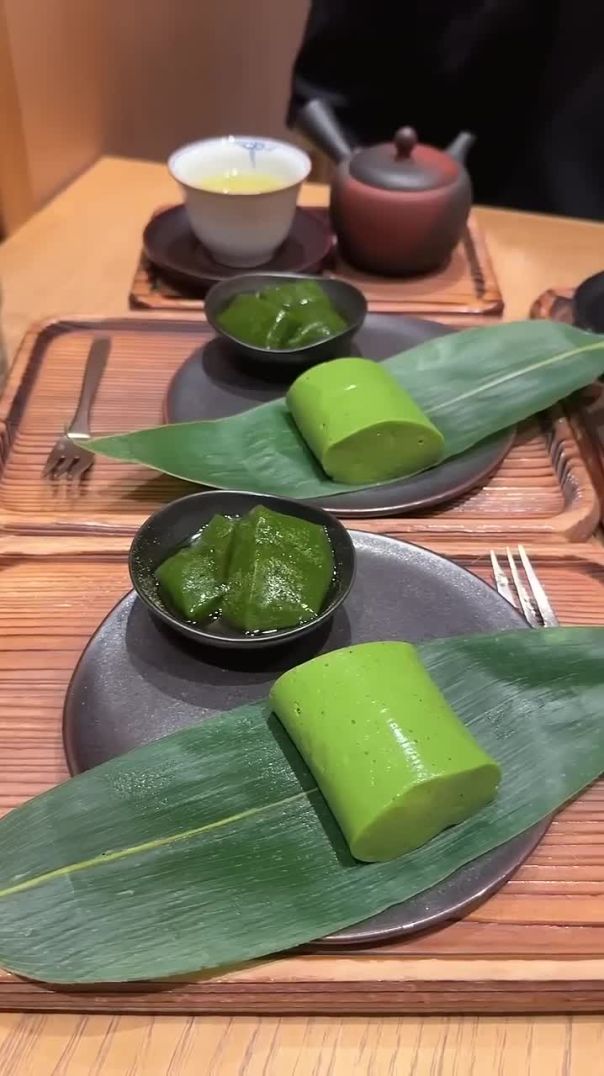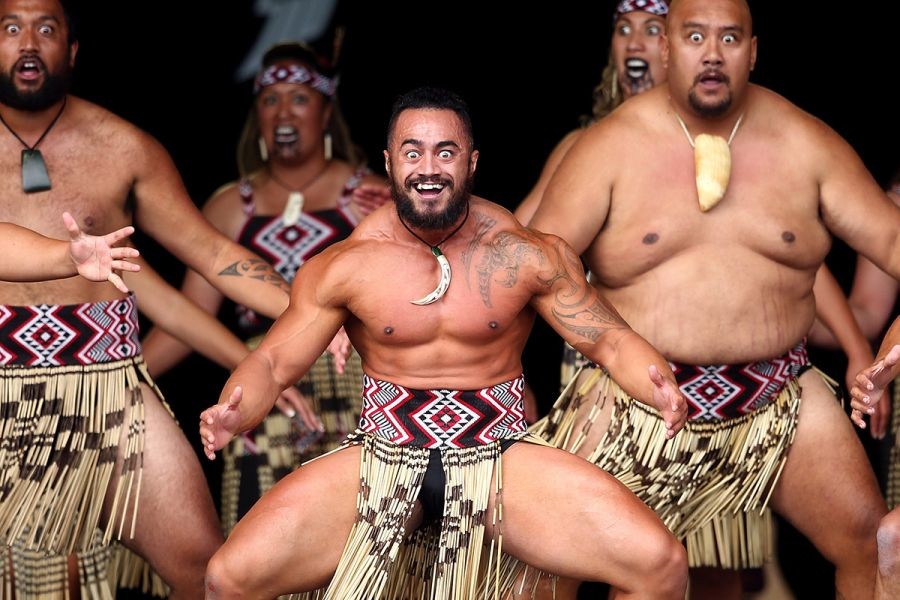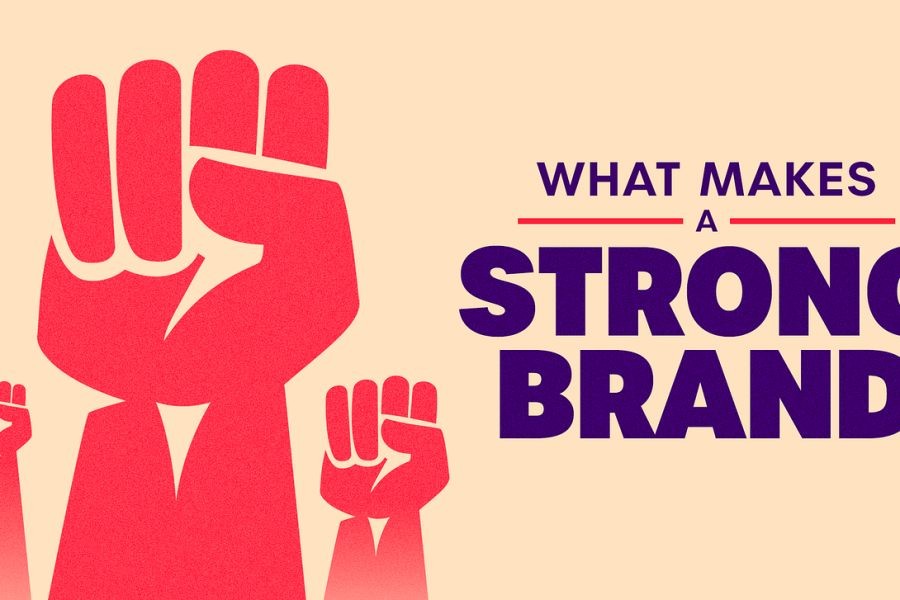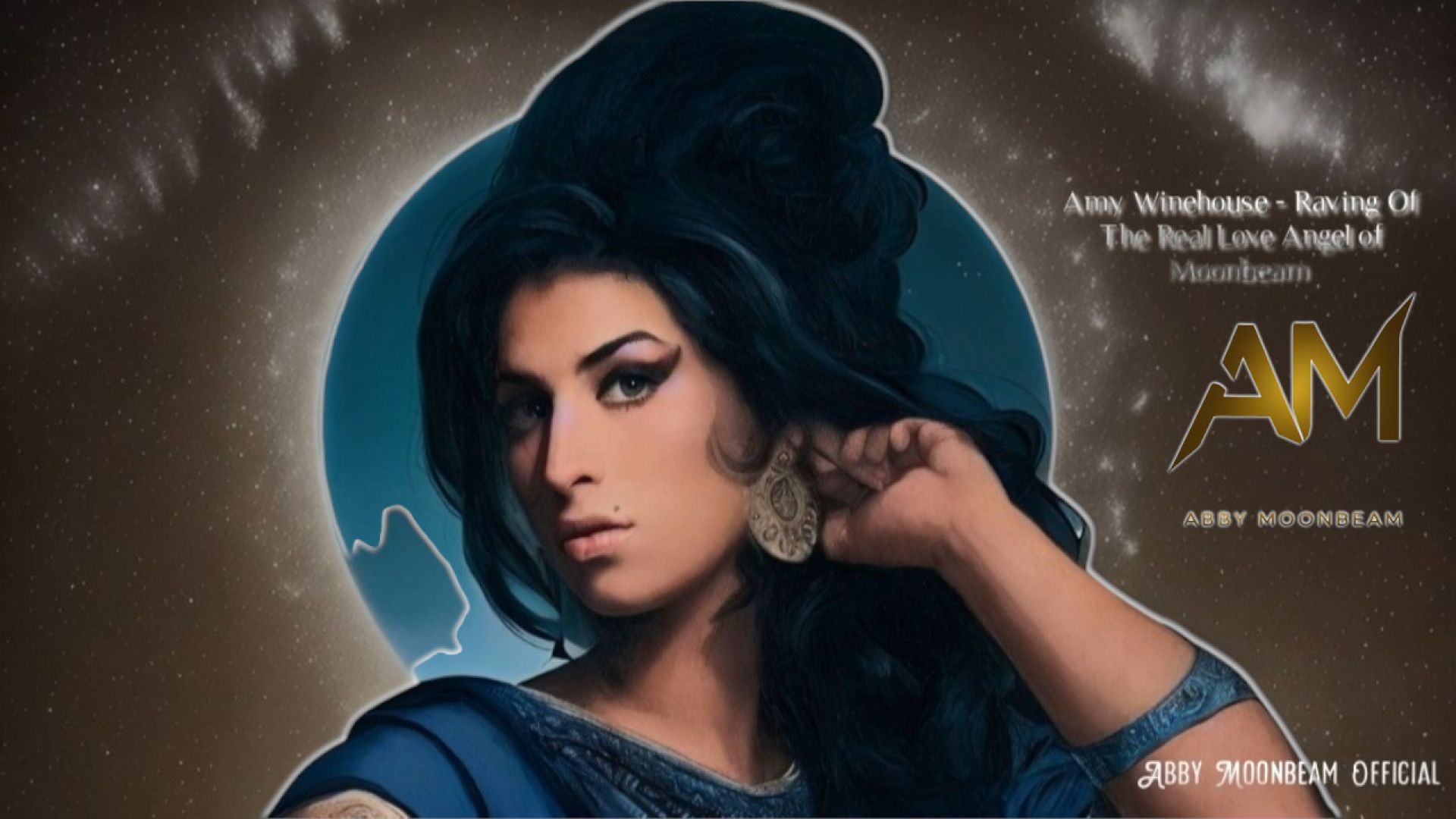New Zealand is a nation rich in cultural diversity, with the Māori culture playing a significant role in shaping its modern identity. As the indigenous Polynesian people of New Zealand, the Māori have influenced various aspects of Kiwi society, from business practices to environmental stewardship. This article delves into ten distinct ways Māori culture is currently shaping modern New Zealand, with a focus on the local economy, industry trends, and policies. Our analysis is backed by data from reputable sources like Stats NZ and the Reserve Bank of New Zealand, offering insights relevant to a tax specialist audience.
Māori culture is not just a historic foundation of Aotearoa — it’s a living, evolving influence shaping the identity, values, and future of modern New Zealand. From our education system to the way we do business, Māori language and values are becoming integral to the national consciousness.
Below are 10 powerful ways Māori culture is actively shaping the New Zealand of today — and tomorrow.
1. Revival of Te Reo Māori in Mainstream Life
What was once a nearly endangered language is now flourishing. Te Reo Māori is being taught in schools, spoken in Parliament, and embraced by non-Māori across the country. Major companies now use bilingual signage, while broadcasters integrate Māori greetings and phrases into daily programming.
🎯 Example: Countdown supermarkets, now Woolworths NZ, use Te Reo Māori greetings at store entrances and on self-checkouts.
2. Tikanga Māori Influencing Business and Governance
Tikanga Māori (customary values and practices) is increasingly informing how Kiwi organisations behave — from manaakitanga (hospitality) to kaitiakitanga (guardianship of the environment). Boards, councils, and startups are incorporating Māori ethics into decision-making.
🧭 Real-World Shift: The New Zealand Treasury now applies a Wellbeing Framework rooted in Māori holistic thinking.
3. Design and Architecture with Māori Aesthetics
Modern architecture is weaving in Māori symbols and spatial values. Public buildings like Te Pae in Christchurch and Auckland’s City Rail Link feature Māori design motifs and stories — creating physical spaces that reflect cultural heritage.
🏛️ Even residential builds now consult with iwi (tribes) to respect local whakapapa (ancestry) and land significance.
4. Māori Values Leading Environmental Stewardship
Māori concepts like kaitiakitanga (guardianship) are now central to climate policy and conservation. Māori-led initiatives in forestry, marine reserves, and regenerative agriculture are offering sustainable models the world is watching.
🌱 One standout: Te Tira Whakamātaki, an Indigenous biosecurity network, offers globally respected approaches to land and biodiversity care.
5. Inspiring a Bicultural Education System
From early childhood to university, New Zealand’s education system is embracing Māori worldviews. Schools now celebrate Matariki as a public holiday, integrate Māori perspectives across subjects, and support Kura Kaupapa Māori (Māori-language immersion schools).
🎓 NZQA also allows Māori knowledge systems to be assessed alongside Western academic standards.
6. Māori Influence on National Identity and Media
Kiwis increasingly identify with biculturalism. Television, film, and music proudly feature Māori talent, themes, and storytelling. Shows like Waka Huia and Ahikāroa showcase authentic Māori life, while Taika Waititi's global success uplifts Indigenous humour and worldview.
📺 Māori media platforms like Whakaata Māori (Māori TV) have become household staples.
7. Māori Entrepreneurs Redefining Business Success
Across Aotearoa, Māori entrepreneurs are proving that profit and purpose can go hand in hand. From tourism to tech, Māori-owned businesses focus on community uplift, environmental care, and intergenerational wealth — rather than short-term gains.
💼 Examples include Kono NZ (a Māori food and beverage company) and HTK Group, supporting Māori in the digital economy.
8. Revitalisation of Traditional Healing and Rongoā Māori
With growing demand for holistic wellness, many Kiwis are turning to Rongoā Māori, traditional medicine using native plants and spiritual healing. It's now recognised within the public health system and integrated into some DHBs and wellness programmes.
🌿 This resurgence affirms that ancient knowledge systems are valid and valuable today.
9. Wider Celebration of Matariki as a National Holiday
Matariki, the Māori New Year, is now a public holiday — and with it comes a shift in how New Zealand marks time, renewal, and reflection. It’s about whānau, remembrance, and connection to the environment — uniquely Kiwi and deeply Māori.
🎆 The first celebration in 2022 was met with overwhelming public support and nationwide events.
10. Shaping the Future Through Rangatahi Leadership
Young Māori leaders are stepping into spaces from Parliament to tech startups, driving a new generation of Indigenous excellence. They are bilingual, bicultural, and bold — bringing ancestral values into the innovation age.
💡 Organisations like Ngā Rangatahi Toa and Te Pūnaha Matatini nurture Māori youth leadership in education, science, and the arts.
🎯 Avoiding the Mistakes Others Already Made
Too many businesses, councils, and creatives once treated Māori culture as ornamental — cherry-picking designs or slogans without respecting the mana (prestige and dignity) behind them. This led to tokenism, cultural appropriation, and broken relationships.
Tactical Lessons for Kiwis Today:
Consult iwi early, not just for sign-off.
Understand the story behind the symbols you use.
Don't separate culture from strategy — make it central.
🌍 Why This Matters for All New Zealanders
As Daniel Chyi, co-founder of Vidude.com, puts it:
“When we honour Māori knowledge, we don’t just enrich Māori communities — we enrich New Zealand. Every local business, every creative, every school that engages respectfully with te ao Māori helps shape a future we can all stand behind.”
Māori Business Models and Economic Impact
Māori enterprises are rapidly emerging as key players in New Zealand's economy. According to the Ministry of Business, Innovation & Employment (MBIE), Māori-owned businesses contribute approximately NZD 50 billion annually to the country's GDP. These businesses often operate within a framework that emphasizes community well-being and environmental sustainability, aligning with traditional Māori values.
Case Study: Ngāi Tahu Holdings – A Māori Economic Powerhouse
Problem: Ngāi Tahu, a prominent Māori tribe, faced economic challenges in the late 20th century, leading to a need for sustainable income sources.
Action: The tribe established Ngāi Tahu Holdings, focusing on investments in property, seafood, and tourism.
Result: As of 2023, Ngāi Tahu Holdings reported assets worth over NZD 2 billion, with annual revenue exceeding NZD 400 million. This success demonstrates the potential of Māori business models that integrate traditional values with modern economic strategies.
Takeaway: Māori businesses offer a unique model of sustainable growth, integrating cultural values with economic objectives. This approach is increasingly relevant in today's market, as consumers demand ethical and socially responsible business practices.
Environmental Stewardship and Sustainable Practices
Māori culture places a strong emphasis on kaitiakitanga, or guardianship of the environment, which is influencing New Zealand's environmental policies. The government and private sectors are increasingly adopting sustainable practices inspired by Māori principles.
For instance, the New Zealand Government's Zero Carbon Act aligns with Māori values by aiming for net-zero carbon emissions by 2050. Businesses that incorporate these values not only contribute to environmental sustainability but also enhance their reputation and consumer appeal.
Data-Driven Insight
According to Stats NZ, companies practicing sustainable business models have seen a 20% increase in consumer engagement and a 15% boost in profitability. This trend indicates a growing consumer preference for environmentally conscious products, highlighting the economic benefits of integrating Māori environmental values into business strategies.
Cultural Revitalization and Tourism
New Zealand's tourism industry is significantly shaped by Māori culture, with Māori tourism experiences contributing to New Zealand's unique global appeal. The Māori Tourism Association reports that cultural tourism accounts for 25% of the country's tourism revenue.
Case Study: Te Puia – Māori Cultural Experiences
Problem: Te Puia, a geothermal park and cultural center in Rotorua, faced declining visitor numbers due to increased global competition.
Action: Te Puia revamped its offerings to emphasize authentic Māori cultural experiences, including traditional crafts, performances, and storytelling.
Result: Visitor numbers increased by 30% within a year, and Te Puia became a must-visit location for international tourists seeking authentic cultural experiences.
Takeaway: Authentic cultural experiences are a powerful draw for tourists, and businesses can benefit from integrating Māori cultural elements into their offerings to attract a global audience.
Education and Language Revitalization
The revitalization of the Māori language (te reo Māori) is a significant cultural movement in New Zealand, with government initiatives supporting language education. Educational institutions are increasingly incorporating te reo Māori into their curricula, fostering a bilingual society and enhancing cultural awareness.
According to the Ministry of Education, the number of students learning te reo Māori has increased by 35% over the past five years. This trend not only preserves Māori heritage but also enriches the cultural fabric of New Zealand society.
Pros vs. Cons Analysis
- Pros: Enhances cultural understanding and diversity, supports Māori heritage, and fosters a bilingual society.
- Cons: Implementation challenges, resource allocation for language programs, and potential resistance from non-Māori communities.
Healthcare and Community Well-being
Māori health models emphasize holistic well-being (hauora), integrating physical, mental, spiritual, and family health. This approach is influencing New Zealand's healthcare policies, promoting community-centric healthcare services.
Data from the Ministry of Health indicates that community-based healthcare models have improved health outcomes for Māori populations, reducing health disparities by 20% over the past decade. These models can serve as a blueprint for inclusive healthcare practices across New Zealand.
Common Myths & Mistakes
- Myth: "Māori culture is only relevant to Māori communities." Reality: Māori cultural values are integral to New Zealand's national identity and influence various sectors, from business to environmental policies.
- Myth: "Māori businesses lack competitiveness." Reality: Māori enterprises like Ngāi Tahu Holdings are thriving, demonstrating the competitiveness of businesses that integrate cultural values with modern strategies.
- Myth: "Learning te reo Māori is not practical." Reality: Bilingualism enhances cognitive skills and cultural understanding, benefiting individuals and society as a whole.
Future Trends and Predictions
Looking ahead, Māori culture will continue to shape New Zealand's social and economic landscape. As global demand for ethical and sustainable practices grows, Māori businesses are likely to gain more prominence, serving as models for integrating cultural values with modern economic strategies.
By 2030, it's predicted that Māori enterprises will contribute over NZD 70 billion to New Zealand's GDP, further cementing their role in the national economy. Additionally, the incorporation of Māori environmental principles in government policies is expected to position New Zealand as a global leader in sustainability.
Conclusion
Māori culture is deeply woven into the fabric of modern New Zealand, influencing various aspects of society, from business practices to environmental stewardship. For tax specialists and business professionals, understanding these cultural influences can provide valuable insights into emerging trends and opportunities within the New Zealand market.
As the country continues to embrace Māori values, businesses and policymakers alike can benefit from integrating these principles into their strategies, fostering sustainable growth and enhancing cultural diversity.
What’s your perspective on the impact of Māori culture on modern New Zealand? Share your thoughts and insights in the comments below!
Related Search Queries
- Māori business models in New Zealand
- Impact of Māori culture on New Zealand economy
- Sustainable practices inspired by Māori values
- Māori cultural tourism in New Zealand
- Revitalization of te reo Māori
- Māori health models and community well-being
- Future of Māori enterprises in New Zealand
- Environmental stewardship and Māori culture
- Māori influence on New Zealand education
- Māori culture and modern New Zealand policies
Long-Tail Keywords to Target:
How Māori culture influences New Zealand today
Te Reo Māori in modern New Zealand
Tikanga Māori in NZ business
Māori leadership and youth
Kaitiakitanga and the environment
Māori cultural values in architecture
Rongoā Māori and traditional healing NZ
Matariki national holiday meaning
Bicultural education in Aotearoa
Māori entrepreneurs in New Zealand
































Given Sus
7 months ago